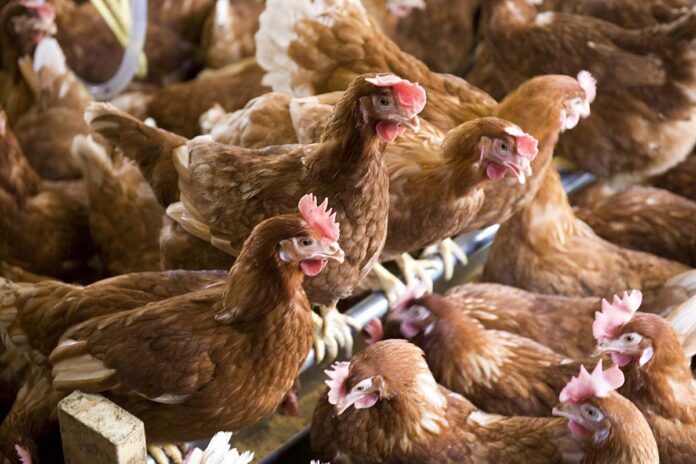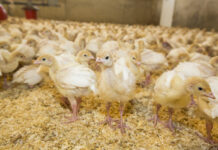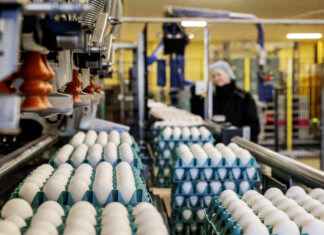
Belgian authorities have ordered all poultry to be kept indoors starting Thursday, following the detection of new H5N1 avian influenza outbreaks, as Europe and the United States face a renewed wave of the disease. The move, announced by Belgium’s Federal Agency for the Safety of the Food Chain (FAVV), marks the reintroduction of nationwide biosecurity measures aimed at preventing further spread among poultry farms and wild birds.
The latest outbreak was confirmed at one commercial poultry farm and one small hobby flock, prompting the government to reinstate the obligation to shelter birds. “Avian flu poses a serious threat to poultry farms and our economy,” said David Clarinval, Belgium’s Minister of Agriculture. “The best way to protect our animals and prevent the spread of the virus is to adopt preventive measures such as mandatory sheltering.”
Belgium’s order mirrors the heightened alert now sweeping through European poultry sectors. In France, the government on Wednesday raised its national bird flu alert level from “moderate” to “high”, requiring all poultry to be housed or otherwise shielded from wild birds — a move that came earlier than in previous years. Meanwhile, in the Netherlands, the Ministry of Agriculture has also introduced a nationwide housing requirement, following detections of avian influenza in several flocks.
Global resurgence raises new concerns
The current wave of highly pathogenic avian influenza (HPAI) continues to cause major losses worldwide. The virus, which has circulated persistently among wild birds and poultry since 2020, leads to high mortality rates and has resulted in the culling of hundreds of millions of birds over the past few years. The scale of recent outbreaks has disrupted poultry supply chains, increased food prices, and reignited fears of a potential pandemic.
Across the Atlantic, the United States is also contending with widespread outbreaks. According to The New York Times, nearly seven million farmed birds have died since early September, including about 1.3 million turkeys, raising concerns about holiday-season supplies ahead of Thanksgiving.
Scientists have warned that the virus’s continued spread among wildlife increases the risk of new spillover events. While the risk of transmission to humans remains low, isolated infections have been recorded in individuals with direct contact with infected animals in both the United Kingdom and the United States. The virus has also been detected in a limited number of mammals.
“Humans and mammals are generally not very susceptible to bird flu, but caution remains necessary,” said Mieke Steensels of Sciensano, Belgium’s national public health institute. She advised pet owners, particularly dog walkers, to avoid contact with sick or dead birds during outings.
As Europe enters the migratory season, authorities are warning poultry producers to maintain strict biosecurity standards, including controlled access to barns, proper disinfection of equipment and vehicles, and minimizing contact between domestic and wild birds.
Source: Reuters; Federal Agency for the Safety of the Food Chain (FAVV); Sciensano.
















